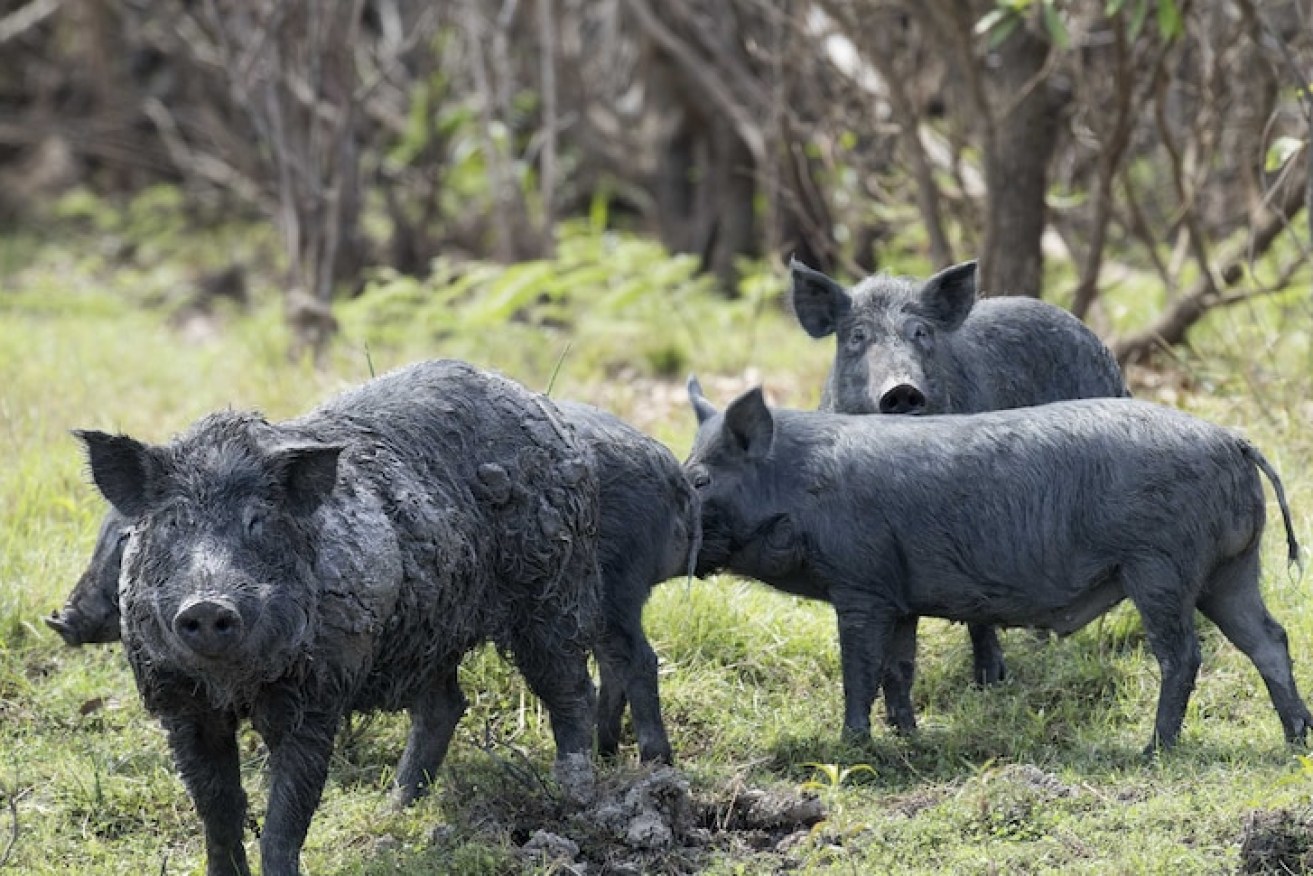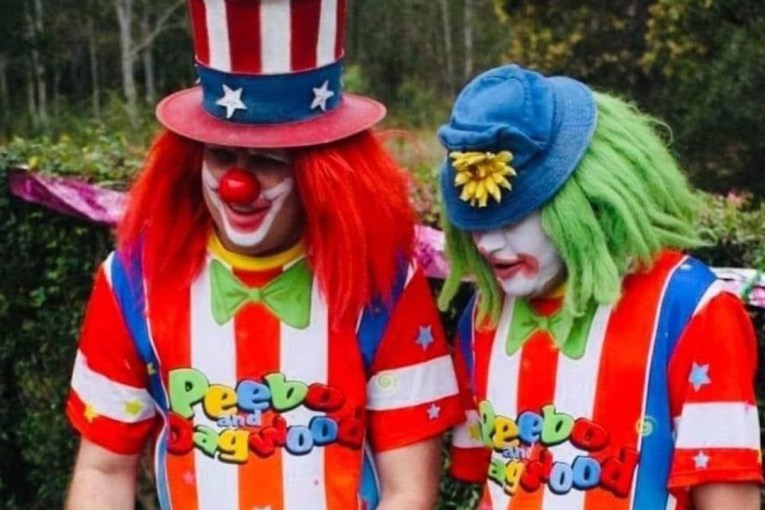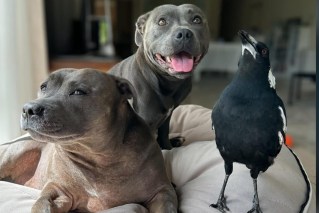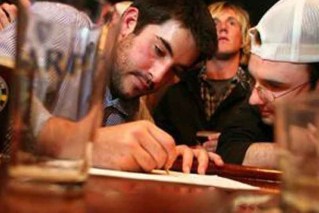The other border debate: Quarantine failures back to haunt us
Quarantine failures this century have cumulatively cost the economy more than $1 billion and feed straight into the Katter’s Australian Party, One Nation, fringe right and independent vote in the regions, writes Greg Hallam.


A group of feral pigs on Cape York. (Image: ABC)
Over the past 20 years a purposeful reduction in federal quarantine inspections has lead to multiple unmitigated disasters.
Weaker controls and a risk based approach have seen foreign pests and diseases enter Australia for the first time.
The equine influenza outbreak in 2007 which shut down thoroughbred racing and breeding was estimated to have cost $600 million.
Add to that Japanese encephalitis , citrus canker in the orange industry, white spot in prawn farming, Panama disease in banana farming , and Red, Crazy and Yellow ant infestations, the cost to the economy alone breaks the billion dollar barrier. Not to forget long term environmental degradations.
Canberra has purposefully shifted the costs of quarantine from government to primary producers.
The fundamental fallacy in this cost driven approach is that it is, on balance, effective.
Tell that to farmers who have been wiped out by an imported foreign disease or pest. It only takes one failure to decimate an entire national industry. No amount of reduced port transit time would have offset costs to the citrus industry in Emerald, the Lockyer Valley’s horticulturalists, or far north Queensland banana growers .
No less than three federal reviews of national quarantine arrangements have occurred this century- Beal, Hawke and most recently Craik in 2017.
All the reviews have pointed to the need for greater federal expenditure and to varying degrees at least questioned the fundamental direction of national quarantine arrangements.
In total these reviews have served to shift the debate from a “strict quarantine, no disasters” dictum to a more laissez faire cost benefit and remediation approach.
The grower groups have largely been acquiescent, influenced by their larger corporate members. Smaller farmers have been left to their own devices, while the broader environmental impacts were ignored.
The major political parties have glanced sideways while the inexorable slide in standards has occurred, with the consequent multiple quarantine disasters.
They have left the barn door open for One Nation, the Katters and independents to exploit the negative sentiment.
Disaffected farmers come in two varieties – primary producers directly affected by quarantine failures and those who can’t bear the cost shift of quarantine responsibilities to the agriculture sector.
Then there’s hundreds – maybe a thousand – rural and regional Queenslanders who over time lost their jobs in the broader quarantine sector.
When is the last time you heard or read about the work of a quarantine station or pest inspector?
Rather it’s left to a banana , citrus , prawn or some sort of ant “Task Force” to respond to a pest or disease outbreak.
Often employment in this type of work enabled the quarantine and pest officers of old to continue to farm their own small blocks and remain in the community .
Bob Katter has been the most adept of all the regional federal politicians railing against these repeated quarantine failures. He gets it and plays it for all its worth.
A lot of One Nation , Katter , and independent candidates harvest votes from those who were once in the Commonwealth’s employ, and they are embittered .
The most recent quarantine failure, that of Japanese encephalitis entry into Australia only a month ago, drives home our exposure.
JE not only is a threat to the pork industry, in certain circumstances it kills human beings.
That’s been known for decades, as is the fact that disease was rampant in pigs in our northern neighbour Papua New Guinea and there were six million feral pigs on Cape York.
Yet the eradication of the feral pigs on the Cape did not occur and the trade in PNG piglets , crabs , artefacts on the most northern of the Torres Strait islands – in particular, Saibai, just two km from continental PNG – goes on unchecked. It beggars belief.
Come election day the major parties won’t be quarantined from voters’ displeasure on imported pest and disease failures in a range of critical Queensland regional federal seats.
Greg Hallam AM PSM is a recently retired CEO of the Local Government Association of Queensland. He will write on regional issues and policy announcements for the duration of the election campaign.












